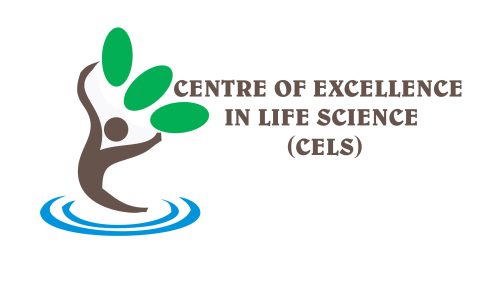Introduction: Molecular biotechnology is a branch of biotechnology that uses molecular biology techniques to understand and manipulate biological systems. The advancements in molecular biotechnology have led to breakthroughs in fields such as genetics, medicine, and agriculture.
- Understanding and manipulating DNA and RNA: Molecular biotechnology has enabled scientists to understand the structure and function of DNA and RNA and use this knowledge to manipulate genes. This has led to the development of techniques such as gene editing and genetic engineering.
- Manipulating proteins: Molecular biotechnology has also enabled scientists to understand and manipulate proteins. This has led to the development of techniques such as protein engineering and the creation of new enzymes and vaccines.
- Applications in medicine: Molecular biotechnology has led to the development of new medical treatments such as gene therapy, personalized medicine, and the creation of new drugs.
- Applications in agriculture: Molecular biotechnology has led to the development of genetically modified crops with increased yield and resistance to pests and diseases.
Various aspects of Molecular Biotechnology:
- Understanding and manipulating DNA and RNA: Molecular biotechnology techniques such as PCR (Polymerase Chain Reaction), DNA sequencing, and cloning have enabled scientists to understand the structure and function of DNA and RNA. These techniques have also led to the development of gene editing tools such as CRISPR-Cas9 and TALENs, which allow scientists to make precise changes to the DNA of living organisms. This has applications in medicine, agriculture, and research.
- Manipulating proteins: Molecular biotechnology techniques such as protein purification, protein sequencing, and protein engineering have enabled scientists to understand and manipulate proteins. Protein engineering, for example, involves the manipulation of proteins to create new enzymes, antibodies, and other proteins with desired properties. This has applications in medicine, agriculture, and industry.
- Applications in medicine: Molecular biotechnology has led to the development of new medical treatments such as gene therapy, which involves the delivery of normal genes to cells to replace missing or defective ones. This has the potential to treat genetic disorders such as cystic fibrosis, sickle cell anemia, and hemophilia. Personalized medicine, which uses genetic information to tailor treatment to an individual’s specific needs, is another area of research. The development of new drugs and vaccines also relies on molecular biotechnology.
- Applications in agriculture: Molecular biotechnology has led to the development of genetically modified crops with increased yield and resistance to pests and diseases. This has the potential to help meet the increasing demand for food as the world’s population continues to grow.
- Applications in industry: Molecular biotechnology has led to the development of new industrial processes such as metabolic engineering, which optimizes the metabolic pathways of microorganisms to produce desired compounds. This has applications in the production of biofuels, bioplastics, and other industrial products.
- Synthetic Biology: Synthetic biology is an emerging field that involves the design and construction of new biological parts, devices, and systems that do not occur naturally. This field has applications in medicine, agriculture, industry and research.
Ongoing research:
- CRISPR-Cas9: CRISPR-Cas9 is a powerful gene editing tool that allows scientists to make precise changes to the DNA of living organisms.
- Synthetic Biology: Synthetic biology is an emerging field that involves the design and construction of new biological parts, devices, and systems that do not occur naturally.
- Metabolic Engineering: Metabolic engineering is the process of optimizing the metabolic pathways of an organism to produce desired compounds.
References:
- Molecular Biotechnology: Principles and Applications of Recombinant DNA, by Bernard R. Glick and Jack J. Pasternak
- CRISPR-Cas9: The Revolutionary Gene Editing Technology, by Dr. James D. Watson
- Synthetic Biology: A Laboratory Manual, by Dr. Drew Endy
- Metabolic Engineering: Methods and Protocols, by Dr. Michael L. Shuler
